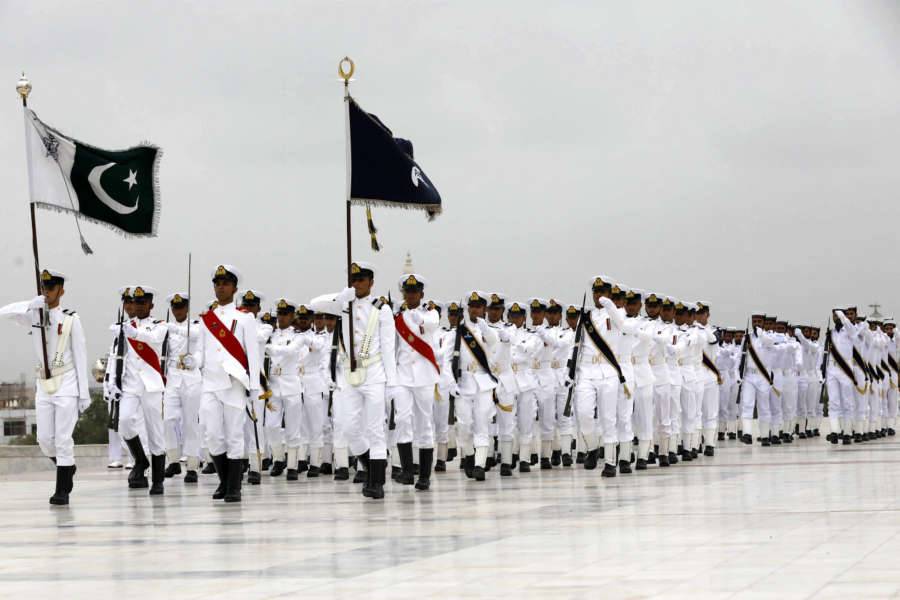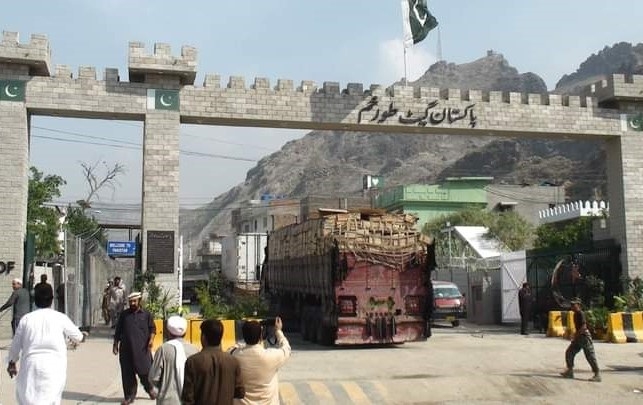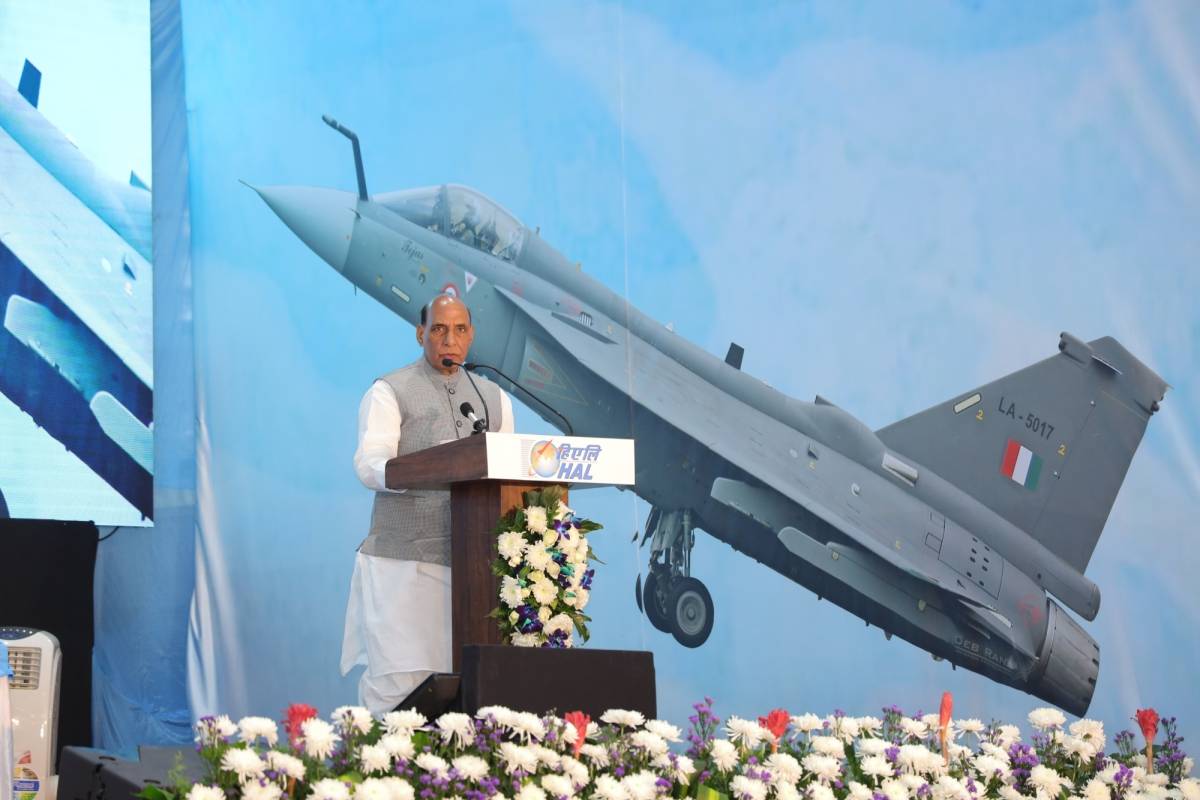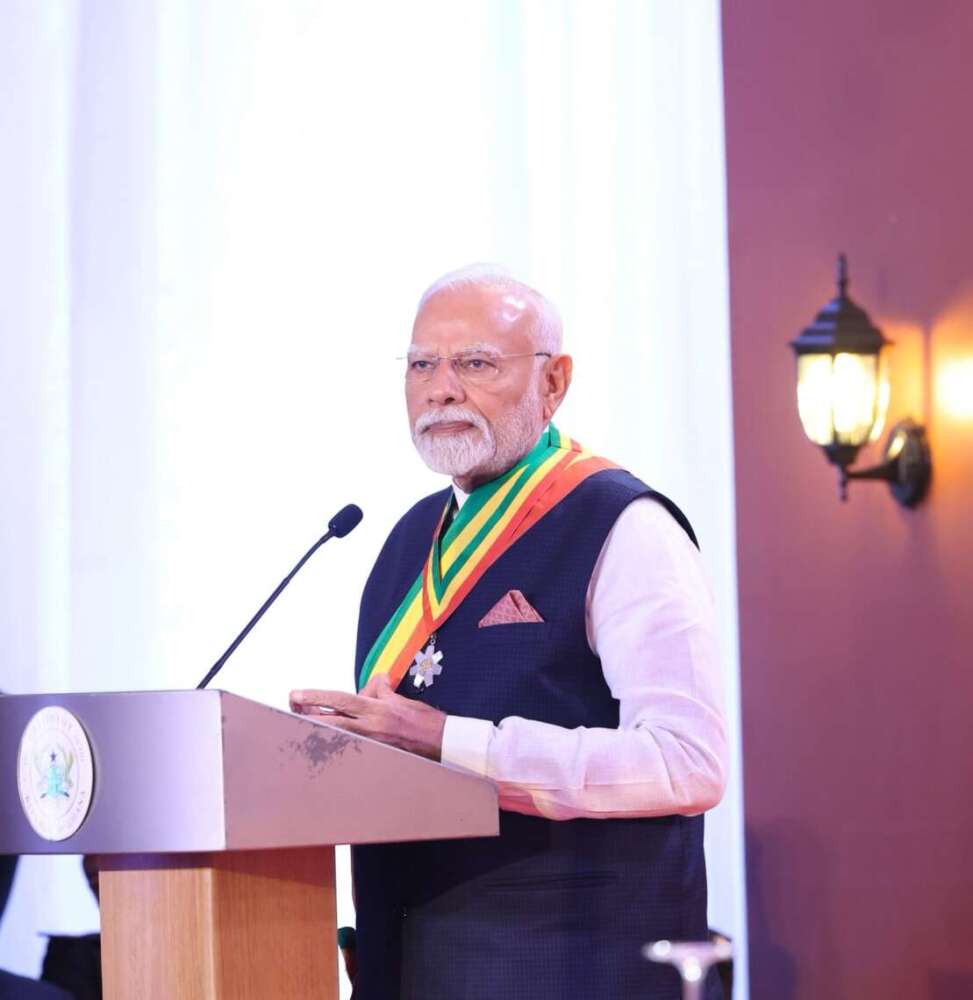These may seem like a small problem today, but if not treated urgently, it may one day transform the Makaran Coast into a fountainhead of insecurity, infecting the entire region’s efforts of establishing a safe, peaceful and prosperous environment….writes SUMIT KUMAR SINGH
The Pakistan Navy has spared no effort to portray itself as a credible regional maritime force, with formidable growth planned in the coming years. Media briefs stated that the Pakistan Navy would soon induct a slew of new frigates, submarines, corvettes and aircraft which would transform it to a ‘blue water’ regional navy. However, the facts on ground are vastly different from this fantastical narrative being peddled by Islamabad.
A slate of actions by Pakistan’s Navy (PN) and Maritime Security Agency (MSA), complemented by incidents in the Arabian Sea, indicate a state of systemic malaise within the ranks of these forces and a growing trust deficit between the Navy and the government.
The lack of national trust in the Navy’s leadership was recently spotlighted by a Court order that forced the Pakistan Navy to hand over 20 acres of land in Gwadar to the China-Pakistan Economic Corridor authorities.
The Navy had strongly asserted that the land was required to counter ‘ubiquitous threats’ which the Court summarily rejected as ‘baseless’.
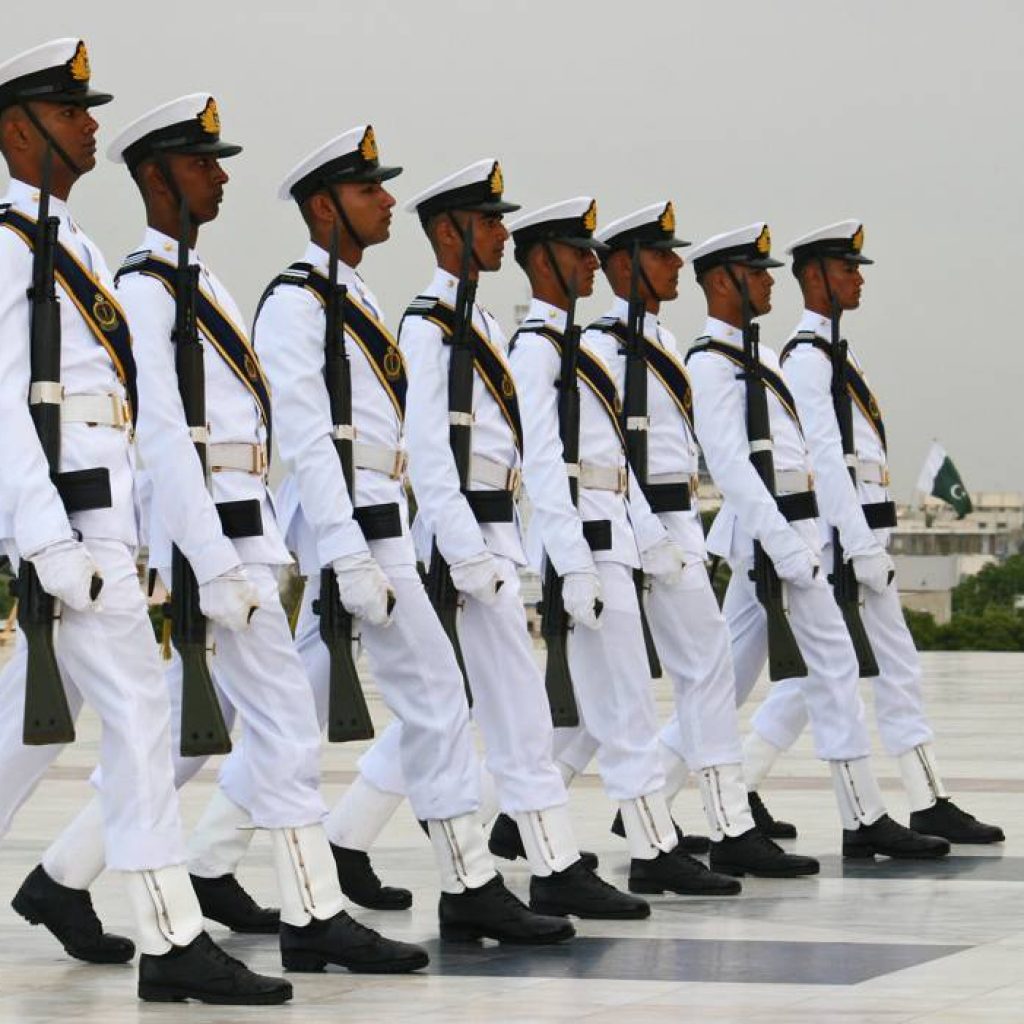
Money demanded for security for FIFA World Cup 2022
In another unrelated, yet disturbing, incident there was an alleged payment demand made by the Pakistan Navy to the organisers in Qatar for providing waterfront security for FIFA World Cup 2022.
Considering that Qatar and Pakistan share such wide-ranging socio-cultural links, one would expect that providing such security assistance would have been a matter of pride, and not approached as a profit-making enterprise.
Asking for payment for such assistance is definitely not expected from navies which aspire to be regional powers, however, if Pakistan Navy’s leadership is indeed asking for money – maybe it doesn’t trust the government to keep funding its plan.
Given the existing economic situation in Pakistan, it could well be that – like the foreign service – the Pakistan Navy has not received any funds from Islamabad.
Consequently, it is seeking to generate its own revenue to keep itself afloat. If not, it would suggest that Pakistan’s Admirals, inspired by the Army’s Pizza King Generals, have decided to make hay while the sun shines.
The recent revelations of significant account holdings of senior Pakistan military personnel in Swiss Banks indicates that such a ‘self-help’ culture has existing in the senior leadership of the military for decades now.
In fact, Pakistan’s military leadership have consistently found themselves on such lists of ‘black funds’ including the Panama Papers (2016), Paradise Papers (2017) and Pandora Papers (2021).
Closer to Pakistan’s shores, the activities of the PN and MSA are further indicative of organisational decay.
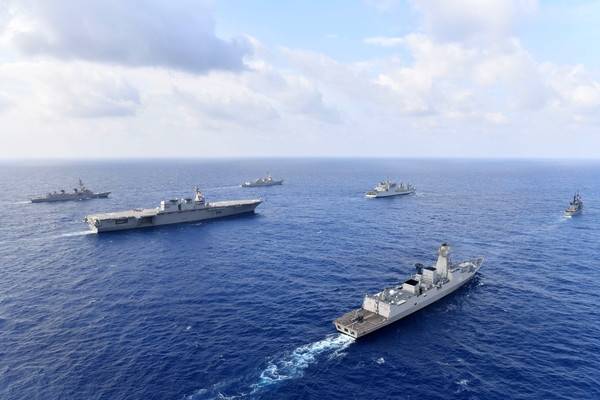
Chinese survey ships
Sources have revealed that China’s state-owned exploration vessels are undertaking vast surveys close to the Makaran coast, almost none of which have been made known to the Pakistan public.
Moreover, these survey ships are almost invariably ‘protected’ by ships of the Navy and the MSA.
It is clear that such continuous ‘security cover’ is not usually provided by Naval ships, which have far more important roles and functions to deliver.
It may be logical to infer that these missions are ‘paid’ for, most likely by Beijing, and consequently have become attractive for the ‘self-help’ Admirals.
This assertion would immediately be met by the argument that other vital missions were also being met by the Navy and MSA.
However, evidence to the contrary is vast and abundant.
Illegal fishing by Chinese boats
First example would be the recent study reports which have indicated widespread illegal fishing by Chinese boats off Yemen, Oman and Pakistan which are engaging in unsustainable and banned practices to maximise profits.
Alarmingly, these boats finally enter Pakistan’s ports to ship off their huge ill-gotten catches. It would have been a primary responsibility of the Pak Navy and MSA to counter such activity. However, there is neither any visible action, nor apparent intent on their part to act on these aspects.
Fishermen across Pakistan have protested against this in the past but their pleas seem to have fallen on deaf ears. In fact, on one occasion in March this year, the Pakistan Navy’s ships were unable to sail from their base ports because protesting fishermen had blocked the harbour exits.

Rampant Drug trafficking
Another indicator of Pakistan Navy and MSA distraction from their main duty is the ‘almost regular’ apprehension of boats carrying drugs off East Africa, Sri Lanka and Maldives.
All these boats have had huge quantities of drugs onboard, which have become a major concern for regional governments.
Nearly all these boats have been traced back to Pakistan’s coast from which this ‘hash highway’ originates, and on which drug smugglers operate with near impunity.
One wonders how a ‘responsible’ maritime force allows such transgressions on a routine basis.
Interestingly, last month, the Pakistan Navy finally apprehended a drug carrying dhow near its coast – possibly to offset growing international pressure.
Notably, the nationality, origin and crew composition of the vessel were omitted from media releases – possibly to ‘save face’.
These issues are only the most visible manifestations of a growing culture of corruption which seems to have permeated the rank and file of Islamabad’s Navy and MSA.
While the causes may well be debatable, the symptoms are strong enough to warrant a recalibration by responsible nations across the region on how to engage with these agencies.
Self-help outlook
Whether it is due to a shortage of funding, or triggered by other financial reasons, the growing ‘self-help’ outlook of the senior leadership of these agencies does not bode well.
These may seem like a small problem today, but if not treated urgently, it may one day transform the Makaran Coast into a fountainhead of insecurity, infecting the entire region’s efforts of establishing a safe, peaceful and prosperous environment.
The fallout of illegal fishing, drug trade and maritime terrorism could in fact be crippling for the developing economies of the region, where hard fought socio-economic transformation is underway.
The recent history of Pakistan-based terrorism shows that Islamabad is quick to view ‘inaction’ by the global community as acceptance.
The same error must not be repeated in the maritime domain, where regional and global prosperity is deeply interlinked. It is high time that responsible players across the region, who will be affected by the clearly declining ethical standards of Pakistan’s sea going security forces, flag these aspects for credible corrective action.
The message must be clear, loud and coherent – so that it cannot be drowned out by the ‘unsatiable greed’ of a small group of individuals.


